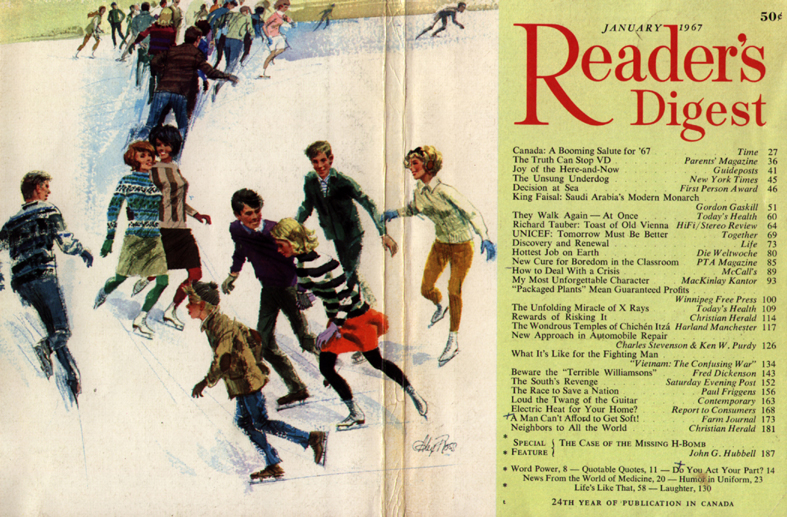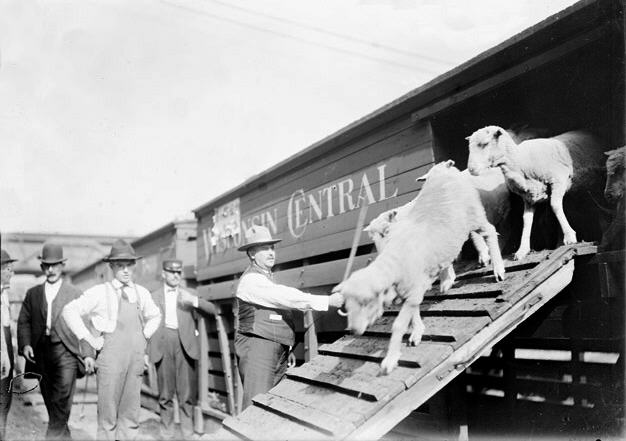There are two stories in the New York Times today which illustrate the scope and scale of the problem we have with corruption. This isn’t about America where these stories happen to come from, we have the same problem in the UK. It’s about our collective inability to “do the right thing” and our willingness to cheat even at the most banal level. Take the first story:
Texas Passes Bill to Make Some Fish Tales a Crime
That is rather a misleading headline, which is ironic given what I’m writing about. The story is not about people in pubs who idly brag about the size of some fish they caught, it is specifically about cheating in fishing tournaments:
Senator Glenn Hegar, a Republican who sponsored the bill, said it was intended to address cheating in high-level bass fishing tournaments, some of which offer tens of thousands of dollars in prizes. In one notorious case in 2009, an angler who entered the Bud Light Trail Big Bass Tournament on Lake Ray Hubbard, east of Dallas, put a one-pound lead weight inside the stomach of the 10.49-pound bass he had entered to win the grand prize, a $55,000 fishing boat.
“Some people are literally taking scissors and cutting off the tail of a fish to make it fit into a certain category,” Mr. Hegar said. “Unfortunately, they’re not playing by the rules.”
Trimming a fish tail with scissors? That’s cheating at a pretty trivial level, but when you scale it up and involve a large number of people all willing to cheat on what they may each regard as a trivial level, then we have this problem:
As the article explains:
What made Mr. Rajaratnam stand out was not his proprietary computer models nor his skills in security analysis. Instead, colleagues marveled at the deep set of contacts he had cultivated inside Silicon Valley executive suites and on Wall Street trading floors.
All of these people he cultivated were willing to blur the edges or even cross over the line completely. They knew right from wrong. Yet had Rajaratnam had only one or two contacts willing to cheat he could not possibly have had the success he had, but he had hundreds of them all willing to cheat. How absurd would it be if every contestant in a fishing tournament cheated on the same level as well? It becomes a farce.
There is a growing problem in society with people willing to cheat, to get an edge if they think they’ll get away with it, and it’s becoming farcical.
It’s long past time to put some moral standards back into our lives.




